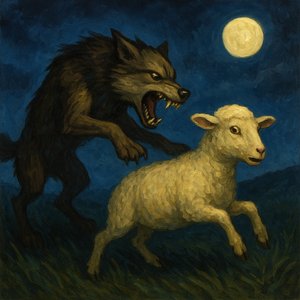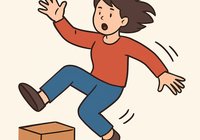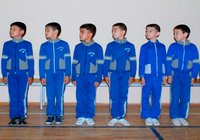| Phrasal verb | Main meaning |
|---|---|
fall on [fɔːl ɒn] | to attack or begin to attack someone or something |
Other meanings
- to happen on a particular day or date
- to be assigned to someone; to fall to someone (a duty/responsibility)
- to start eating something eagerly
- to rest on or be noticed (one’s gaze falls on…)
Example Sentences Using the Phrasal Verb "fall on"
- The wolves fell on the sheep at night.
- Christmas falls on a Sunday this year.
- When the manager resigned, the extra work fell on Maria.
- They were so hungry they fell on the sandwiches as soon as they sat down.
- His eyes fell on an old photograph in the drawer.
Features of Using "fall on"
In most uses fall on behaves as a prepositional verb where on remains attached and cannot be separated. In the sense “to attack” it is transitive and commonly used in narratives about sudden attacks. In the sense “to happen on (a date)” it takes a temporal prepositional complement and is not used transitively. The variant fall upon is a more formal/literary alternative and you will see slight register differences between contexts.
Other phrasal verbs with the verb fall
fall apart
to break into pieces; disintegrate
fall off
to drop down from something
fall over
to lose balance and collapse to the ground
fall down
to collapse or drop to the ground
fall out
to stop being friends or in agreement
fall back
to retreat
fall in
to line up in formation
fall away
to gradually disappear or become less
fall behind
to move slower than others or fail to keep up
fall for
to be tricked or deceived
fall into
to begin to be in a particular state or condition
fall under
to be classified or placed within a particular category, jurisdiction, rule, or authority
fall to
to become the responsibility or duty of someone
fall upon
to attack suddenly and violently
fall through
to fail to happen or be completed
🔗 Learn more about the irregular verb fall, including its forms and usage.
















